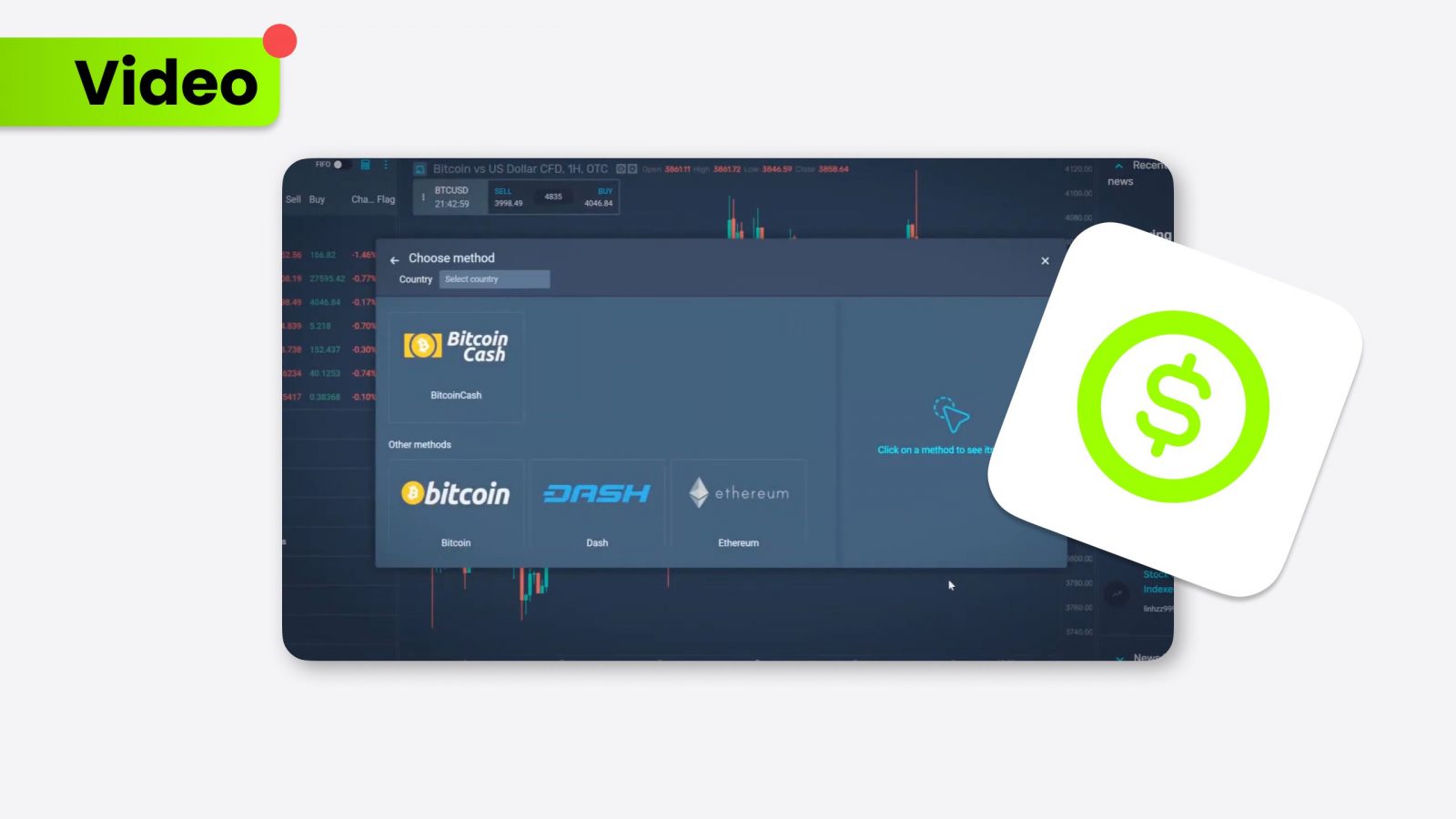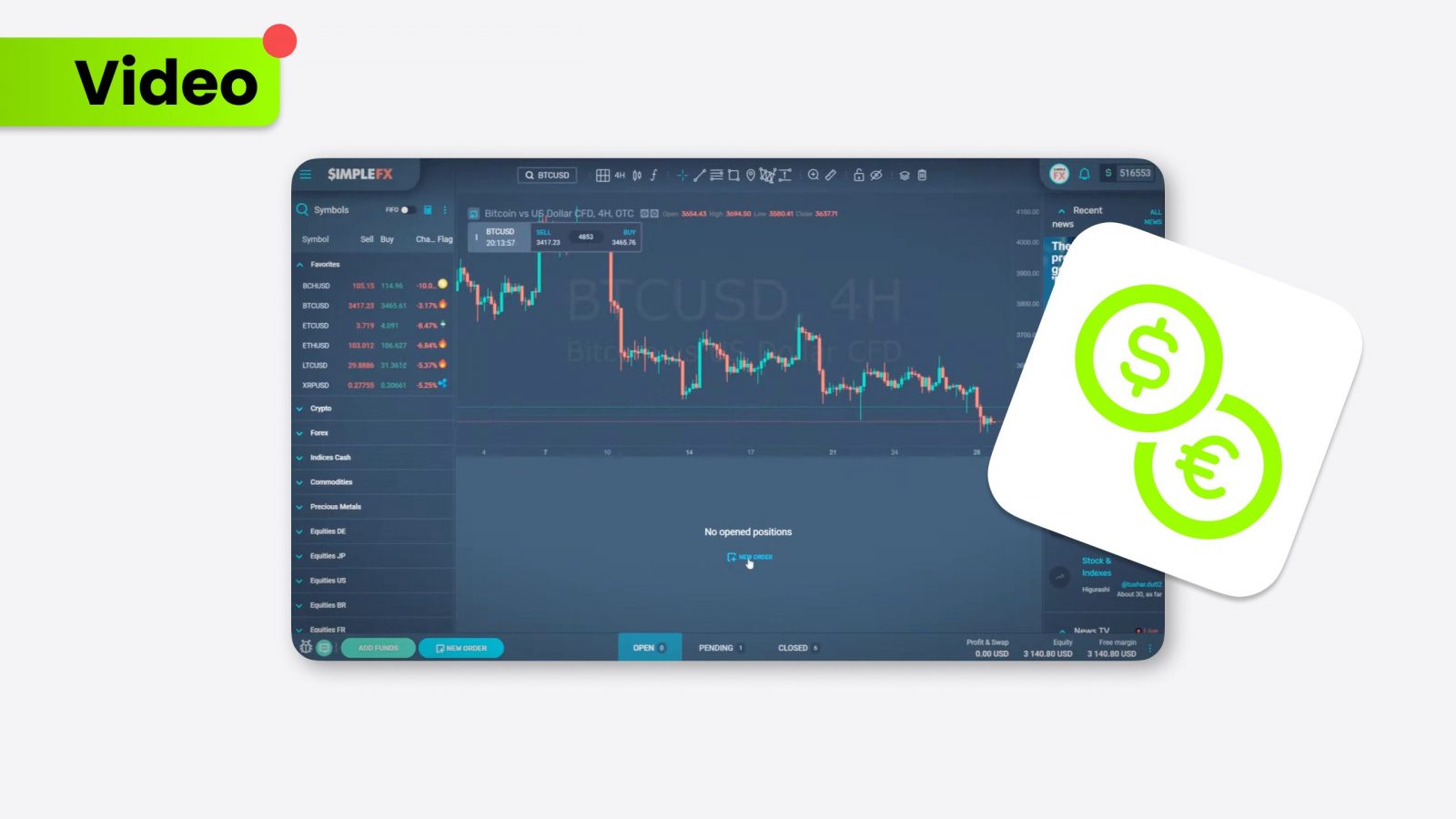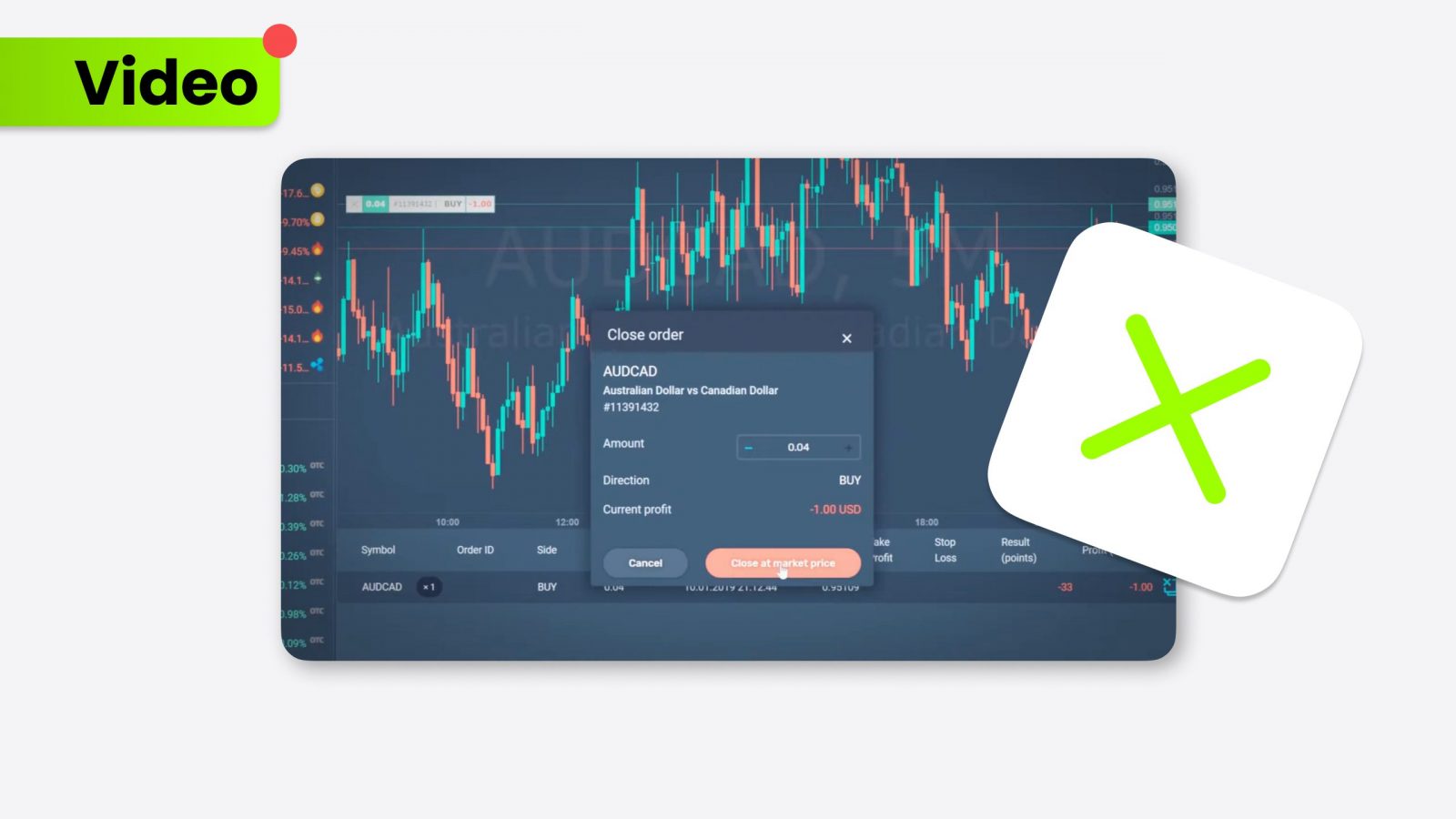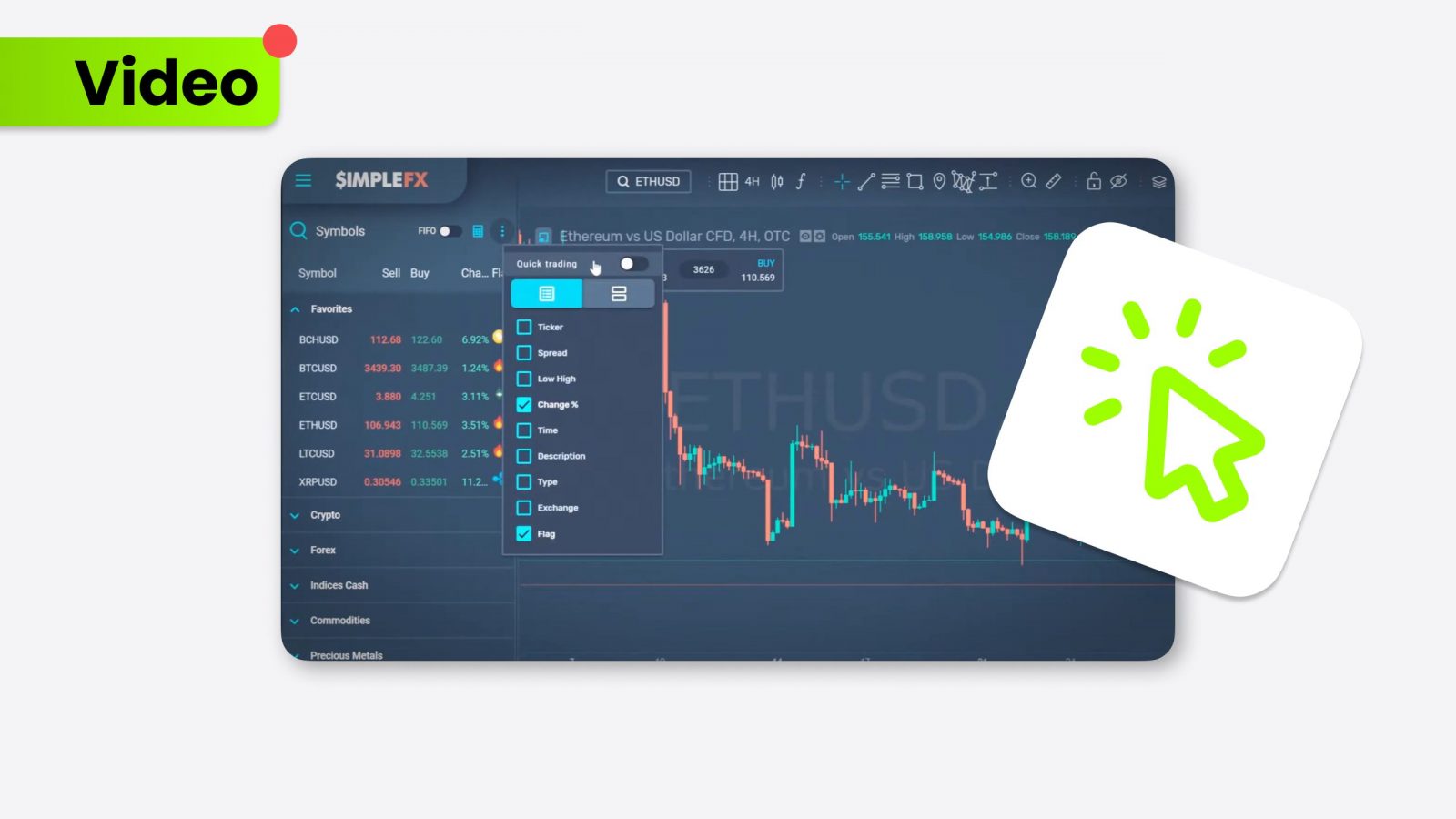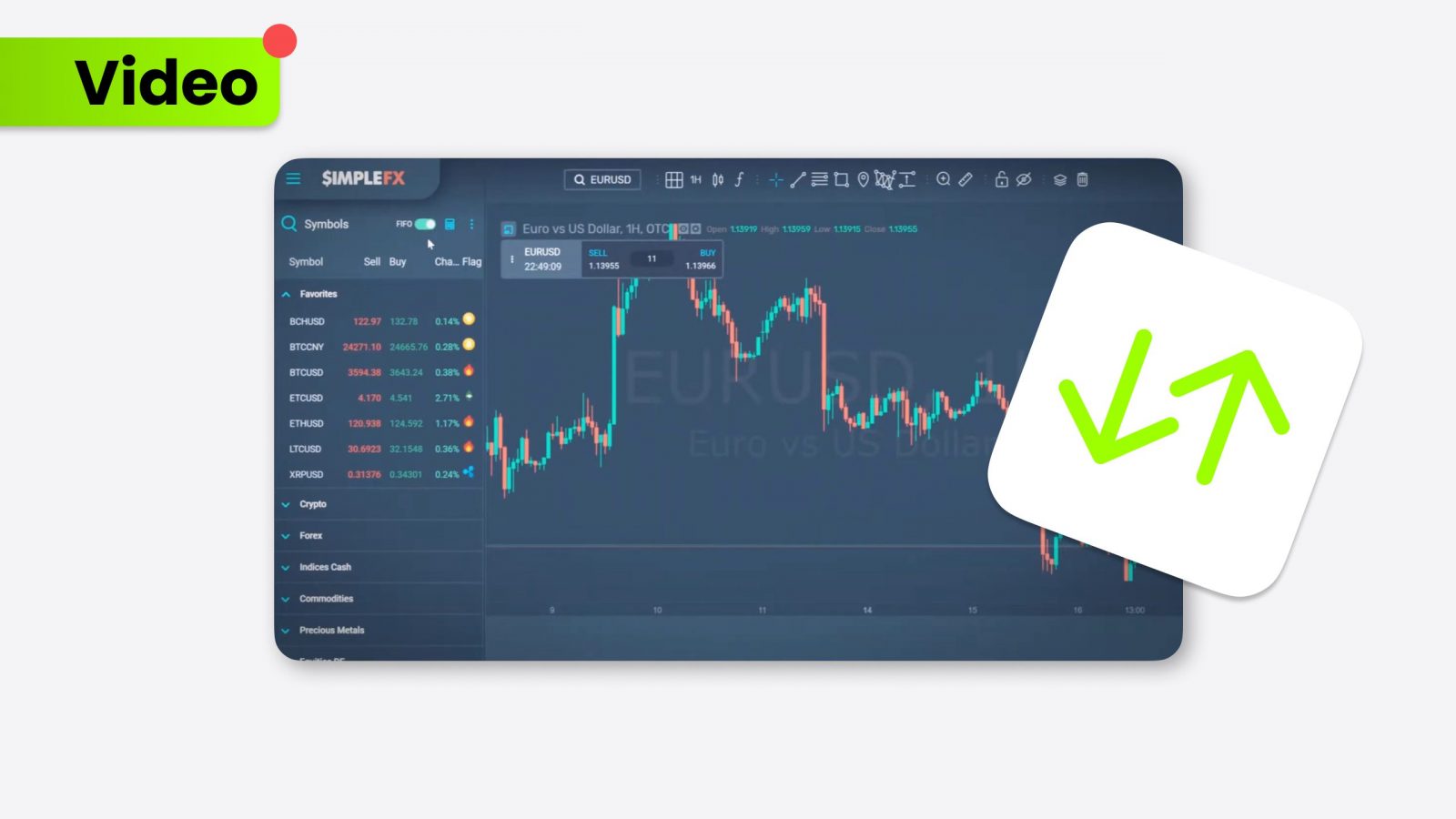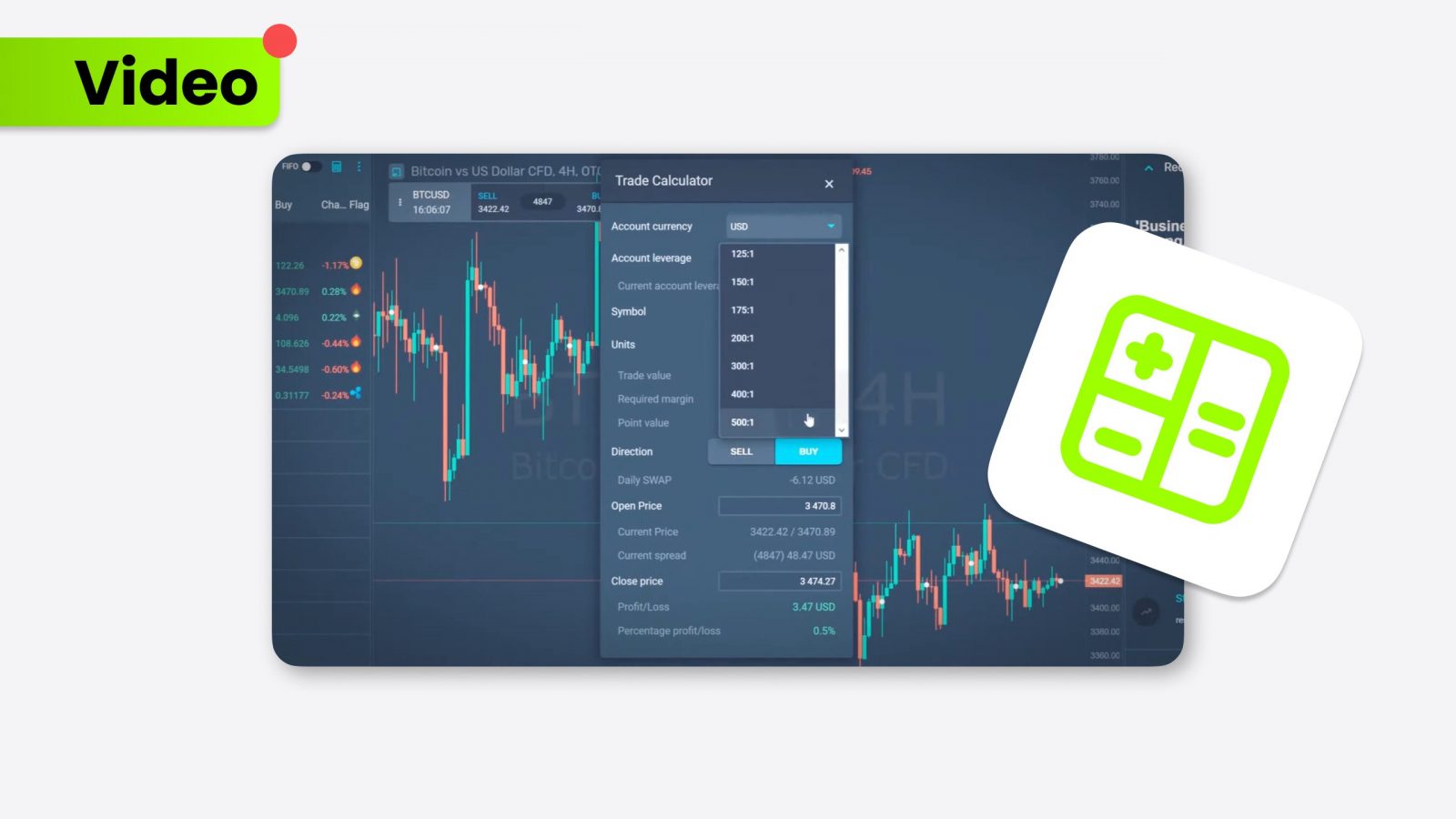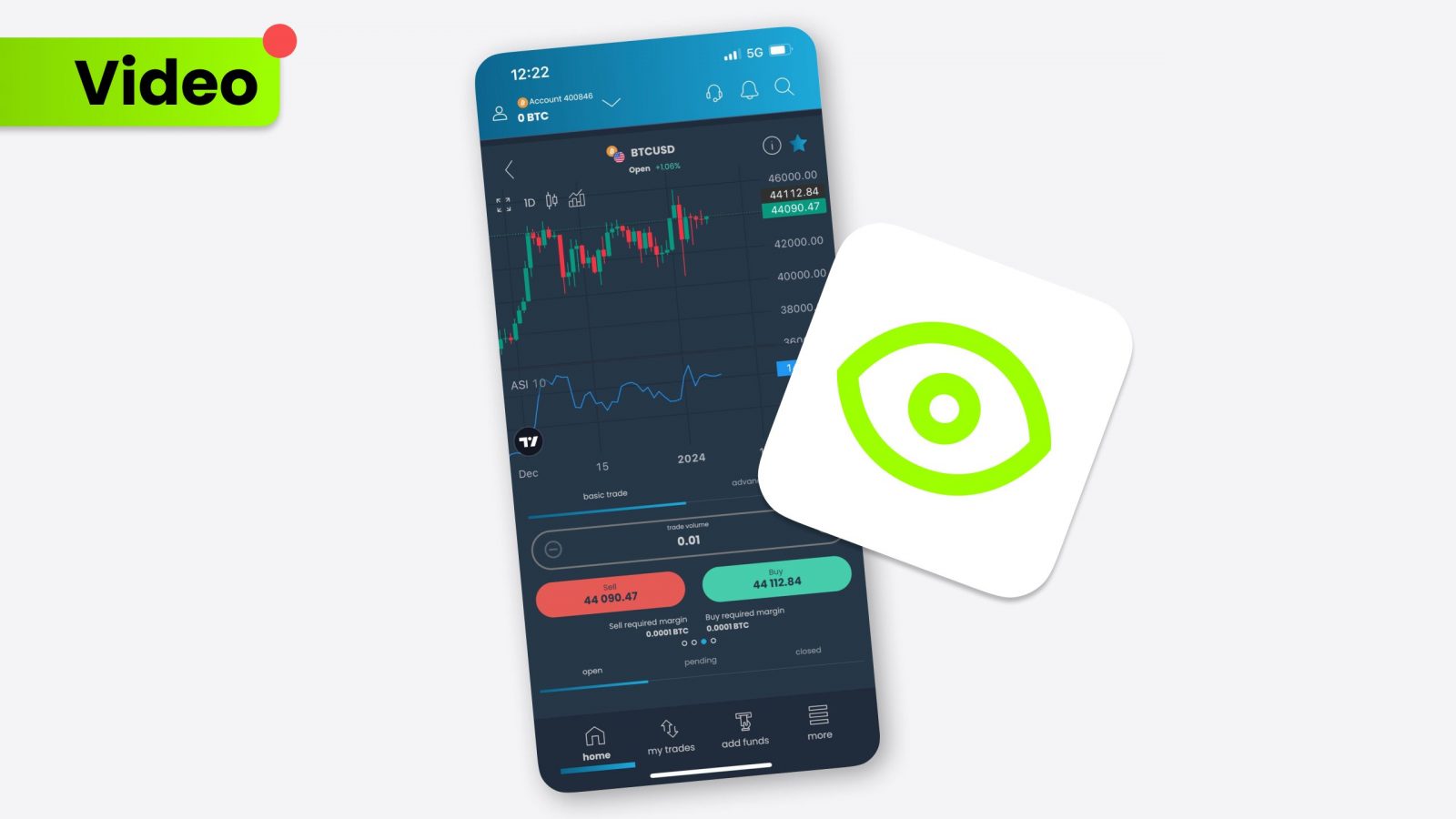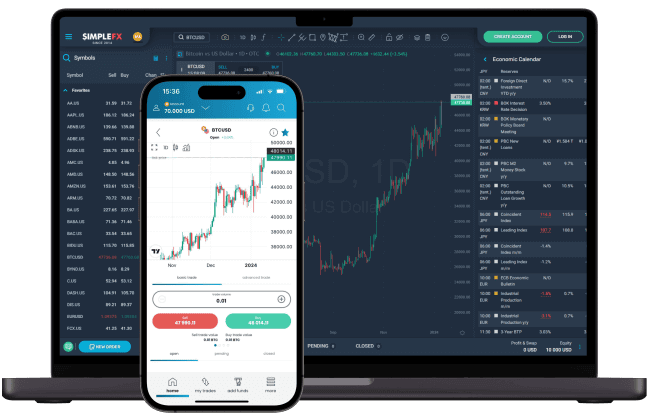American indices serve as crucial indicators of the U.S. economic landscape, closely analyzed by both domestic and international traders.
- American indices impact forex currency pairs and global investment patterns.
- Each American index available for traders has different features.
- U.S. economic data directly affects the movement of American indices.
Why are american indices so influential?
American indices are barometers of the U.S. economy. Traders – not only from the United States – analyze them closely. These indices are composed of a diverse array of companies representing a broad spectrum of industries. This diversity and the economic power of the United States make American indices extremely influential in global markets.
The movements of these indices can substantially affect forex currency pairs, particularly those involving the U.S. Dollar. For example, a significant rise in a primary U.S. index can signal strength in the U.S. economy, potentially leading to a stronger USD as investors seek assets in a growing economy. Conversely, when American indices go down, it can result in a weaker USD as investors pull back from equities.
Furthermore, these indices also influence global investment patterns. Strong performance in the U.S. markets often attracts international capital, which strengthens the dollar and can lead to shifts in other currencies linked through trade or geopolitical relationships.
American Dollar Index: Most popular examples
Several American dollar indexes shape worldwide financial markets.
S&P500
The Standard & Poor’s 500 is a market-capitalization-weighted index of 500 of the largest publicly traded companies in the U.S. It is widely regarded as the best single barometer of large-cap U.S. equities. Moreover, the S&P500 reflects the U.S. stock market’s health and is frequently used as a proxy for the American economy.
NASDAQ
The NASDAQ Composite Index is weighted towards hi-tech equities and Internet-related companies, making it a significant indicator of the performance in the tech sector. It makes it particularly sensitive to changes in the tech industry and a vital tool for investors.
DJIA
The Dow Jones Industrial Average (DJIA), also known as the Dow, consists of 30 prominent companies representative of the industrial sector of American business. This index is price-weighted, meaning companies with higher stock prices have more influence.
VIX
The Volatility Index, or VIX, is a real-time market index representing the market’s expectations for volatility over the coming 30 days. Investors use the VIX to measure the risk, fear, or stress level in the market when making investment decisions. It’s often called the “fear gauge” of the market.
RUSSELL 2000
The RUSSELL2000 Index is a small-cap stock market index representing the bottom two-thirds of the 3000 largest publicly traded companies in the U.S. It offers a comprehensive snapshot of the American small-cap sector, which is often seen as more volatile.
USDINDEX
The U.S. Dollar Index (USDINDEX) measures the value of the U.S. dollar relative to a basket of foreign currencies. It’s a valuable barometer for traders and investors who want to understand how strong or weak the U.S. dollar is globally.
American Index: What moves their rates?
The rates of American indices are influenced by various factors, with the performance of the U.S. dollar playing a central role. Fluctuations in the USD can have widespread impacts on global markets and significant American indexes. This link becomes particularly emphasized in the context of critical economic indicators.
For example, a strong NFP report indicating job growth suggests economic health, bolstering investor confidence and potentially boosting index rates. Conversely, higher unemployment rates can signal economic slowdowns, leading to falls in index values. Interest rates also play a critical role.
Moreover, the performance of equities within the indices themselves naturally impacts their overall rates. Strong corporate earnings and positive future guidance from companies can drive indices upward.
American indices: Conclusion
The performance of American indexes is integral to understanding global financial dynamics. As these indexes reflect pivotal economic shifts, they offer essential insights for investors aiming to navigate the complexities of the markets. The relationship between the U.S. economy’s health, corporate performance, and key economic indicators ensures that American indices remain a foundation of financial strategies worldwide.









































